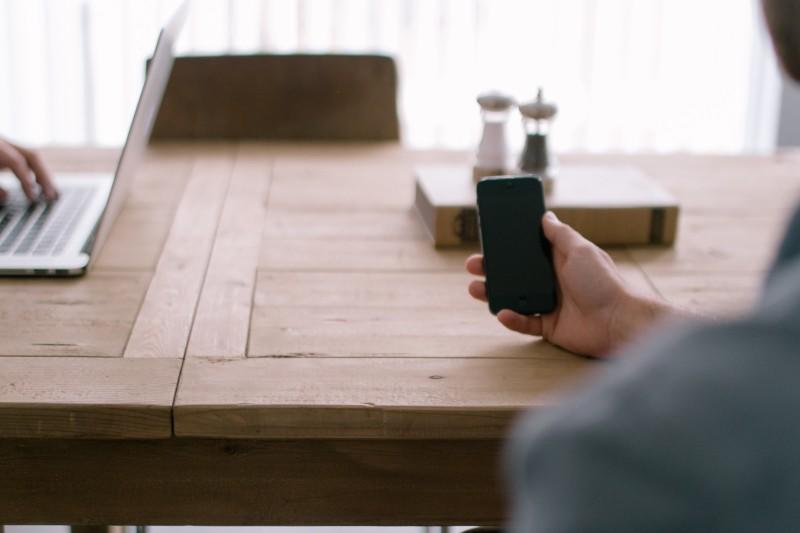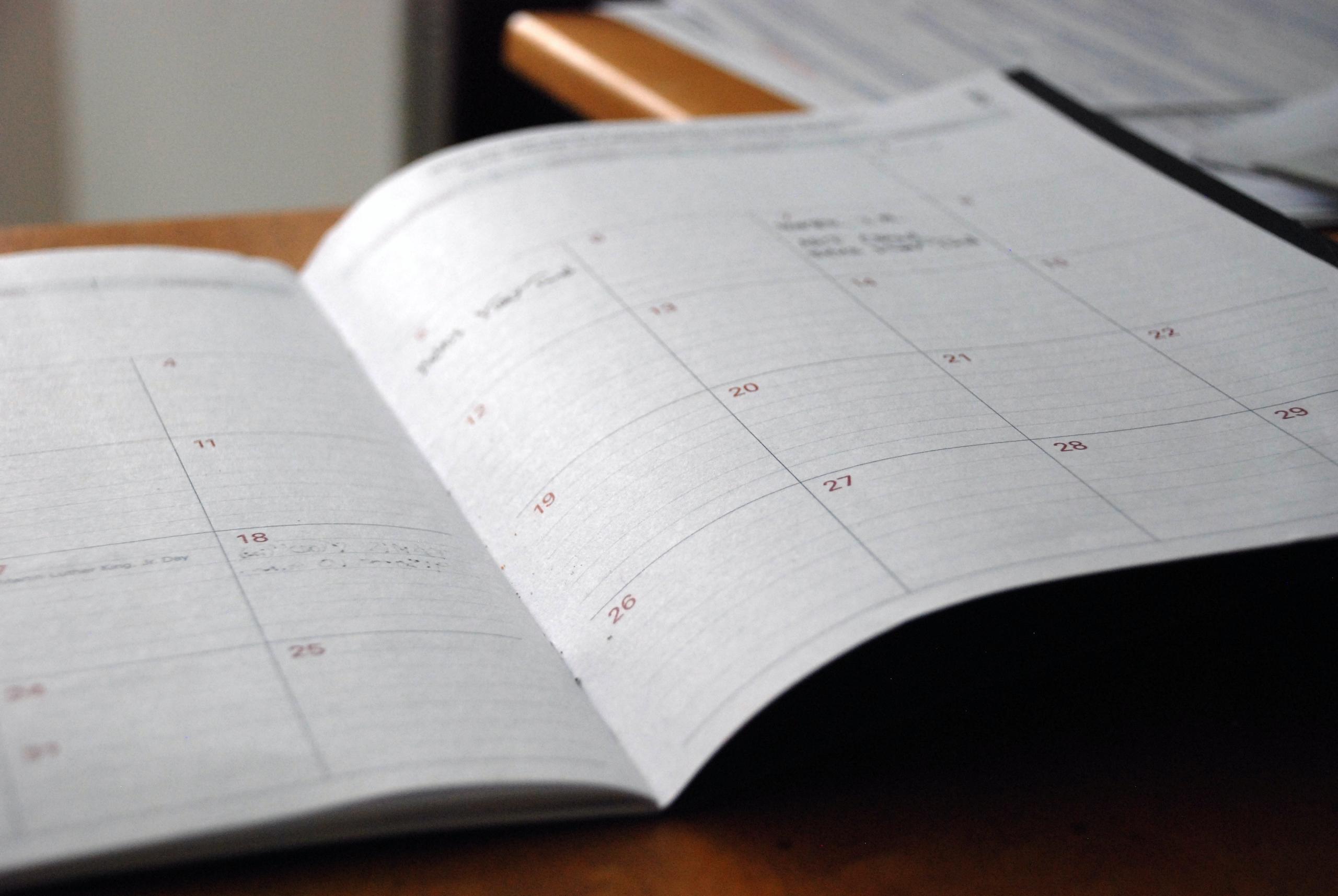Chapters
In today's fast-paced world, we often hear about the importance of multitasking. Many people believe that the ability to do multiple things at once is a crucial skill for success in both personal and professional life. However, recent studies have shown that multitasking may not be as effective as we once thought. In fact, the myth of multitasking could be hindering your productivity. In this article, we will explore the truth behind the myth of multitasking and why focusing on one task at a time is more productive.
According to a study on the topic, 60% of students and 50% of students who frequently watch TV or use social media while doing homework, respectively, text while doing homework. Two-thirds of students who multitask assert that their use of social media, texting, or television has no impact on the calibre of their academic work.
Many of us also fall victim to convincing ourselves that these outlets help us in our efforts. This is often because it gives us comfort or makes out study or work efforts more enjoyable.
When it comes to our productivity a more critical question must be asked. Can pupils multitask successfully, though? Or may it hinder pupils' ability to learn? The answer is more in line with the latter option. Trying to multitask, along with things like not getting enough sleep, are things many students shrug off as insignificant, but the truth is that they are very significant.
“Supertutor” Mark Maclaine is Superprof's Co-founder and Director of Learning. Mark is working on his new book based on a series of real-life clients and the experiences he has gained over his many years of tutoring.
The first snippet of this series looks at how tutors can create engaging and memorable lessons and also examines how effective multitasking really is.


Multitasking: Why it Doesn't Work
- The result of doing multiple tasks at the same time.
Multitasking is often seen as a way to get more done in less time. However, what people don't realize is that the brain is not designed to do multiple tasks simultaneously. In fact, when we try to do multiple tasks at once, our brains have to switch back and forth between the tasks, which can lead to cognitive overload and decreased productivity.
- Multitasking can lead to cognitive overload and reduced productivity.
When we try to do too many things at once, our brains become overwhelmed with information, and it becomes harder to focus on any one task. This can lead to decreased productivity and increased errors. Studies have shown that multitasking can reduce productivity by as much as 40%.
- Task switching is the act of shifting attention from one task to another.
Task switching is a common form of multitasking, where we shift our attention from one task to another. This can include checking emails, responding to text messages, or even just daydreaming. While task switching may seem harmless, it can actually lead to a decrease in productivity and an increase in stress.
- Task switching can also lead to reduced productivity and increased stress.
When we switch tasks frequently, it can be hard to get into a state of flow, where we are fully focused and engaged in the task at hand. This can lead to decreased productivity and increased stress, as we struggle to keep up with the demands of our daily lives.
- Focusing on one task at a time can improve focus, concentration, and productivity.
When we focus on one task at a time, we are better able to concentrate and get into a state of flow. This can lead to increased productivity and higher quality of work. By prioritizing tasks and focusing on one thing at a time, we can reduce stress and feel more in control of our daily lives.
- Prioritizing tasks and avoiding distractions can help improve task management.
One of the keys to effective task management is prioritization. By focusing on the most important tasks first, we can ensure that we are using our time and energy in the most efficient way possible. Additionally, avoiding distractions such as social media, email notifications, and phone calls can help us stay focused and productive throughout the day.
Overall, while multitasking may seem like an effective way to get more done in less time, it can actually lead to decreased productivity and increased stress. By focusing on one task at a time and prioritizing our to-do lists, we can improve our concentration, reduce stress, and be more productive in both our personal and professional lives.
Here is an example: Simon had been struggling to finish his homework on time, and his grades were slipping. His parents complained to the school that he was getting too much homework, and they called my tutor friend Andrea to help.
In their first lesson, Simon insisted on putting music on in the background. Suddenly his mobile phone chirped with a message. Andrea protested and Simon said, “It’s ok, I can multitask.” He stopped writing and responded to the message. In the next few minutes, his computer screen lit up with a few more messages and he answered his brother on the home intercom. By the end of the hour, he had done less than half of what they’d expected to cover.
This shows just how much distraction devices that are external to your learning can be and the negative correlation that multitasking can have on one’s effectiveness, regardless of the task.
The short dopamine hit that is experienced by checking the notifications from your phone during a study session will significantly influence the propensity of the student to continuously check their notifications again.
Think about it you aren’t exactly going to go back to reading a boring black-and-white page after being stimulated by notifications designed to capture your intention. Even if you have the willpower to resist checking initially, it will still distract you from giving the work that is in front of you your undivided attention.
The Science Behind Multitasking
The ineffectiveness of multitasking isn’t just proven through anecdotal evidence there actually is legitimate scientific backing for why it has been proven suboptimal for students. This video explains the "multitasking myth" wonderfully:
He believed he could multitask without a dip in productivity but his brain did not play along. The sticking point was the anterior prefrontal cortex, the brain’s control centre.
It monitors activity within the brain and information from the external world and decides what is most urgent and relevant at a given moment. Then it activates and suppresses appropriate brain parts so the information can be processed.
This is what happened in Simon’s brain as he started to write his essay and then got interrupted:
- The control centre alerted a shift in attention, to his writing, sent out a search for the neurons capable of executing the task, and activated them
- Simon started to write
- When his phone chirped, the switchboard disengaged his brain from the writing task and sent out an alert that another shift was about to happen
- Suitable neurons capable of undertaking the new task were located and activated
- He replied to the message
In the time it took Simon to respond to the message, the information relevant to his writing had faded somewhat or had been replaced by information from the message. Thus, returning to the task, he virtually had to start over: “Now, where was I?”
Switching tasks releases dopamine, which serves to increase brain performance momentarily, and also makes multitasking a bit addictive. Researchers at Stanford University spent years looking into the benefits of multitasking and failed to find a single one. They concluded that if you attempt to do two tasks at the same time it takes about 50% longer than if you do them sequentially. Moreover, in numerical and letter-based tasks you are likely to make twice as many errors.
Top tips to help your students leave multitasking behind:
- Hide mobile phones from view: researchers from the University of Texas found that people who had a smartphone within view are worse at conducting tasks and remembering information.
- If devices have to be used, notifications should be turned off, and they should only be checked at set times
- Have students ask family and friends not to disturb them when working.
- Take regular breaks (to avoid boredom which can lead to the desire for distraction)
It takes time to figure out how to study most effectively. It cannot be put off until the night before the test. To learn more about what works you should always attempt to improve your study techniques.
Given that multitasking, while you carry out your assignments, homework and study seemingly proves ineffective in the case of most students, if you are result focused you might want to turn to other tactics that you can implement in order to maximise your potential grade in a given subject.
The next time a big test is approaching, learning better study techniques will help prevent anxiety and stress. Multitasking will often lead to you getting bogged down in your study efforts and might even negatively impact your outlook on learning the respective subject or lead to inevitable burnout.
Learning how to effectively study not only facilitates learning but also improves marks in your GCSE, A level or university exams. After all, when you have had enough time to thoroughly review and practice the content, you are more likely to perform well and feel less anxious before an exam. We all know that confidence can be a crucial part of performance.

Constructing a Timetable for More Specialised and Focused Learning
Create a study schedule when you've decided what you need to study and how you'll use the tools at your disposal. Establish specified study periods in your timetable or personal development plan and stick to them!
Time management is not something that a lot of students are good at. However, it doesn't take too much to change your habits and learn how to develop a good routine. There are also many different tools that can help you with this.
You can make a few minor alterations to your study schedule, but try to limit them. Give yourself more time than you anticipate needing, particularly if the subject is difficult for you. This is where grit and determination can come into your learning.
You might find that you have a refined focus once you replace multitasking with a more specialised method of learning. Breaking even the tallest tasks down into manageable chunks is the most effective way to ensure that your study efforts are sustainable in the long run.
While multitasking might help you in cramming for an exam or assignment that has a fast-approaching deadline, it can often lead to students getting overwhelmed and deter them from accomplishing the task at hand!
In the short run, it certainly might seem like you are getting mountains of work done due to the number of tasks across a number of different areas that you might be able to check off. In reality, multitasking seems to negatively impact the accuracy and speed at which you are able to competently conduct your work.
In the long run, it is better for students to focus on the task at hand. Giving your undivided attention to a particular subject will yield positive results since your mind isn’t elsewhere.
While you might be carrying out some work for your upcoming maths exam, your mind might be thinking about the creative writing essay that you are working on at the same time.
It is best for students to be present in the work that they carry out in order to avoid the distractions that come with multitasking.

Ditch Multitasking and Study Effectively with Superprof
Now that you have a more concrete understanding of how multitasking might actually be deterring you from achieving your academic potential, let’s take a look at what you can do in order to ensure that your next report card satisfies both you and your parents!
If you are studying for your GCSEs, A levels or your university exams then you can expect your timetable to be comprised of an array of different subjects and modules that you will likely have to learn in great length in order to achieve even a passing grade.
No matter what you choose to study, you can be sure that if the subject is worthwhile, there will be a considerable workload involved. A limited timeline is to be expected, particularly when assignments are due and in the weeks before exams.
Making a defined itinerary for yourself for your work and study will enable you to divide the workload that, at times, may seem enormous and insurmountable, over the course of the semester.
As you advance through the respective curriculum, it's crucial to develop the habit of following a regular schedule, but you should also give yourself some leeway.
Additionally, you should include some leeway into your schedule because you'll probably need to make changes to it throughout the year. It is advisable to cultivate the habit of studying and revising the material on a regular basis throughout the year in order to ensure progressive development in your work.
When it comes to setting priorities for your time, you will frequently need to trust your own judgment. Throughout the course of the academic year, there will be numerous times when you must put your readings on hold in order to finish an assignment or get ready for an exam.
Your schedule can also ensure that you give each module the consideration it requires to earn a decent grade throughout the semester. Given what we’ve learned about multitasking you might want to consider giving each subject its own day of study if possible.
Setting up a timetable for the year is a great way to hold yourself accountable for your learning, keeping in mind that we are creatures of habit!
Hopefully, now that you have busted the myth of multitasking you can begin allocating your time in a more efficient manner. Your grades will thank you!











